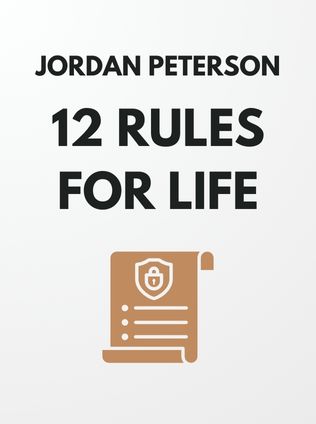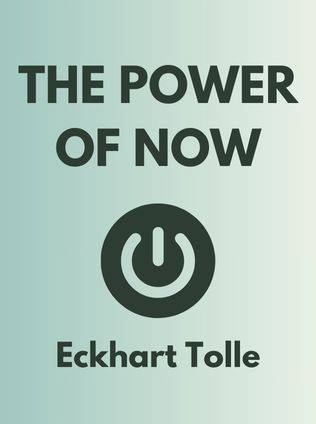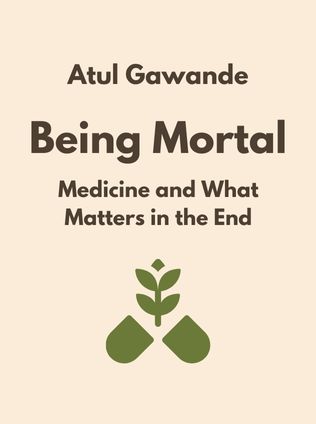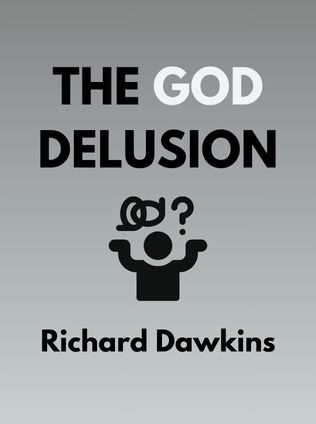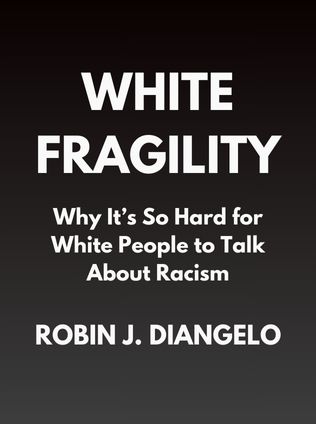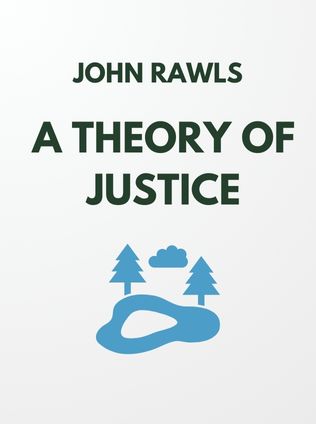
About the Author
John Rawls is one of the most influential political philosophers of the 20th century, renowned for his profound and far-reaching contributions to modern political thought. Born in 1921 in Baltimore, Maryland, Rawls was raised in a period marked by significant social and economic upheaval. His early life experiences, including his education at Princeton University and service in the U.S. Army during World War II, where he witnessed the tragic consequences of war, deeply influenced his philosophical outlook.
After the war, Rawls pursued an academic career, eventually becoming a professor at Harvard University, where he spent most of his professional life. His work is characterized by a commitment to liberalism and a deep concern for social justice, reflected in his most famous work, A Theory of Justice, published in 1971. Rawls’s philosophy centers on the idea of 'justice as fairness,' a concept that seeks to balance the competing demands of freedom and equality in a democratic society. Through his meticulous reasoning and innovative use of thought experiments, Rawls redefined the landscape of political philosophy, offering a robust framework for considering the moral dimensions of political and social institutions.
Main Idea
A Theory of Justice is a groundbreaking work that explores the principles that should govern a just society. Rawls argues that justice should be understood as fairness, where the basic structure of society is arranged to ensure that all individuals have an equal opportunity to pursue their own conceptions of a good life. Central to Rawls’s theory is the idea of the 'original position,' a hypothetical scenario in which individuals, stripped of their personal identities and biases, choose the principles of justice that will govern their society.
Rawls introduces two key principles of justice that he believes would be chosen in the original position. The first principle guarantees the equal basic rights and liberties for all individuals, while the second principle, known as the difference principle, allows for social and economic inequalities only if they benefit the least advantaged members of society. These principles, Rawls argues, provide a moral foundation for a fair and just society, one that respects individual freedoms while addressing the inherent inequalities that arise in any social system.
Table of Contents
- What Justice Is and Is Not
- The Theory of Justice as Fairness
- Justice as Fairness in Society
- Living Under Justice as Fairness
What Justice Is and Is Not
Rawls begins his exploration by defining what he means by justice and critiquing the dominant theories of justice that were prevalent at the time, particularly utilitarianism. According to Rawls, justice is not merely about maximizing happiness or utility for the greatest number of people, as utilitarianism suggests. Instead, justice should be about ensuring fairness in the distribution of society’s benefits and burdens. Rawls believes that a just society is one where institutions are arranged so that they do not favor particular individuals or groups over others arbitrarily.
Rawls’s Definition of Justice
For Rawls, justice is the primary virtue of social institutions, and it is concerned with the way in which these institutions distribute fundamental rights and duties, as well as the division of advantages from social cooperation. He defines justice as fairness, a concept that emphasizes the fair distribution of goods and opportunities within a society. This approach stands in contrast to utilitarianism, which prioritizes the greatest good for the greatest number, potentially at the expense of individual rights and liberties.
Rawls asserts that "each person possesses an inviolability founded on justice that even the welfare of society as a whole cannot override" (Rawls). This statement underscores his belief in the primacy of individual rights and the need for a societal structure that respects these rights, even if it means sacrificing overall utility or happiness.
Critique of Utilitarianism
Rawls offers a robust critique of utilitarianism, arguing that it fails to adequately protect individual rights. In a utilitarian society, it is conceivable that the suffering of a minority could be justified if it leads to a greater overall happiness for the majority. Rawls finds this approach deeply flawed, as it allows for the possibility of gross injustices being perpetrated in the name of the greater good.
Sign up for FREE and get access to 1,400+ books summaries.
You May Also Like
Rich Dad Poor Dad
What the Rich Teach Their Kids About Money - That the Poor and Middle Class Do Not!
By Robert T. KiyosakiFreakonomics
A Rogue Economist Explores the Hidden Side of Everything
By Steven D. Levitt and Stephen J. DubnerI Am Malala
The Story of the Girl Who Stood Up for Education and Was Shot by the Taliban
By Malala YousafzaiFactfulness
Ten Reasons We're Wrong About the World – and Why Things Are Better Than You Think
By Hans Rosling












